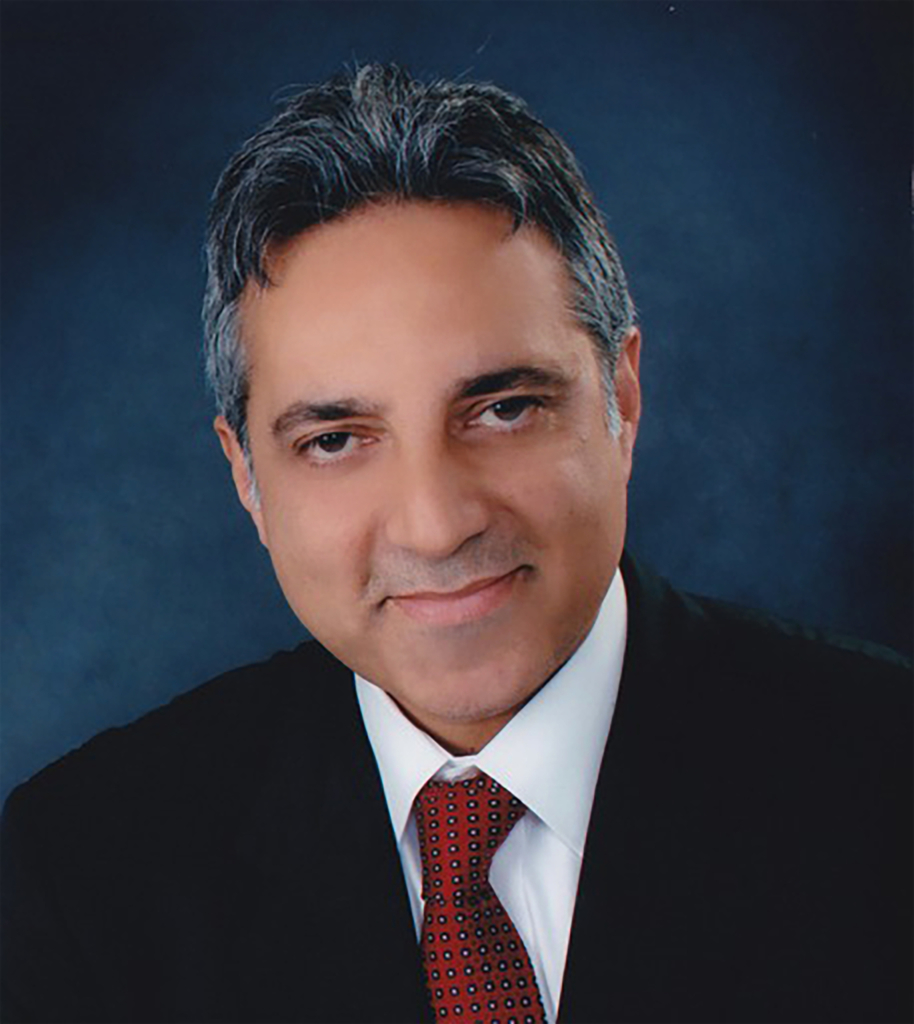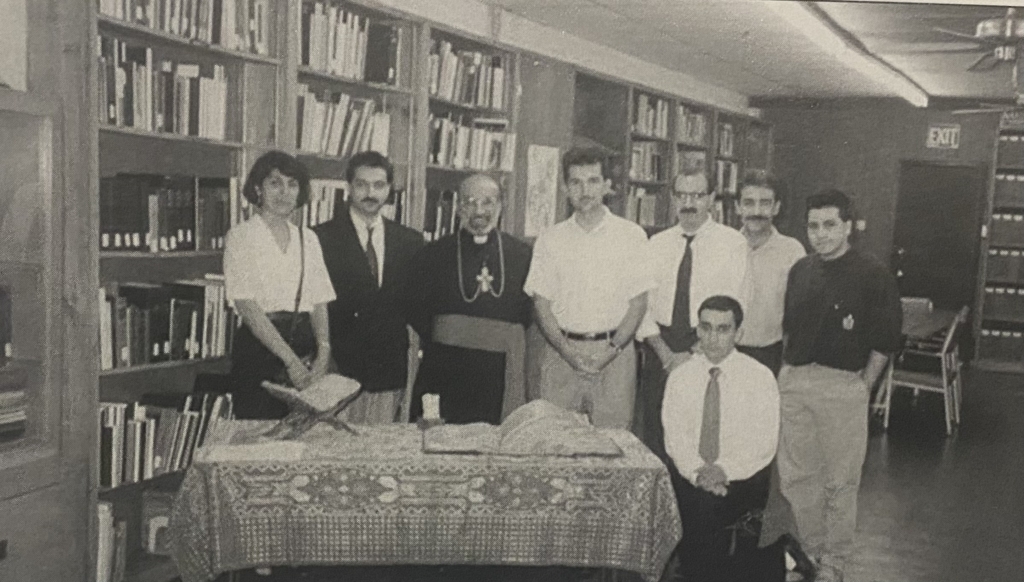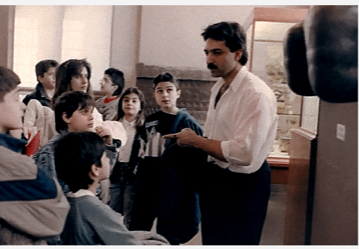Robert Dekelaita

Since July of 2019, the Assyrian Cultural Foundation has been hosting Assyrian history classes led by Robert DeKelaita. However, did you know that DeKelaita has actually been involved with ACF (formerly, the AUAF) since the 1980s?
Robert DeKelaita was born in Kirkuk, Iraq, but came to the United States at a young age with his parents in 1973, in order to find more political and economic freedom. He eventually earned a Bachelor of Arts degree from the University of Illinois at Chicago in political science and philosophy, a Master of Arts degree from the University of Chicago in international relations, and a Juris Doctor degree from Loyola University of Chicago’s law school. However, even while working on his degrees, DeKelaita continuously remained involved with the Assyrian community and with ACF (AUAF).

Shoumanov, V., 2001. , in: Assyrians in Chicago. Arcadia, Charleston, SC, pp. 89–89.
About a year later, the library found a home at the Assyrian Universal Alliance Foundation located at 7055 North Clark in Chicago. Not content with simply collecting books and periodicals, the Assyrians students organized meetings and lectures, reprinted old books, printed their own periodical, and provided memberships for people. Although the Ashurbanipal Library started out as the vision of a group of students, today, it has transformed into a collection of over 6,500 books and over 2,000 periodicals, making it, perhaps, the largest library focused on both ancient and modern Assyrians in the world.

Robert DeKelaita has loved learning Assyrian history ever since he was a boy listening to his parents’ and grandparents’ stories. His favorite period of Assyrian history is the 19th century, since that is when the East and West began to interact with each other more frequently. His Master of Arts degree was in International Relations, where he focused on the formation of nationalism. His master’s thesis is titled “The Origins and Development of Assyrian Nationalism,” and can be found online here. The article, and a similar one entitled “On the Road to Nineveh,” (published in the Journal of the Assyrian Academic Society in 1994), has been sited by hundreds of scholars in their works.

Teaching young Assyrians about their heritage at the Oriental Institute of the University of Chicago, circ. 1984.
In addition to the Ashurbanipal Library, DeKelaita has worked with ACF (AUAF) in other ways as well. In the late 1980s, he worked at the AUAF to help new Assyrian immigrants and refugees find jobs in the Chicago area. He also became the Executive Director of the AUAF from 1988-89. Additionally, he taught art classes there and would occasionally lead Assyrian kids on field trips to the Oriental Institute at the University of Chicago.
While in law school, DeKelaita continued working on Assyrian projects. During that time, he started publishing an Assyrian magazine called the Nabu Quarterly. He also established Nabu Books, which focused on selling scholarly and popular books about Assyrian history and literature to Assyrians throughout the world.
Since DeKelaita was a co-founder of the Ashurbanipal Library, I asked him which book he would recommend to people who wanted to learn more about Assyrian history, if he could only recommend one book. Although he does not agree with the author on the question of continuity of Assyrian history, he recommends John Joseph’s book, The Modern Assyrians of the Middle East: Encounters with Western Christian Missions, Archaeologists, and Colonial Powers, which was published by Brill in 2000. The book’s work and research is important for those wanting to learn more about Assyrians. “The book encapsulates the history of our people better than many on the subject, and has a strong sense of compassion for the plight of the Assyrian people, something that other books are missing.” DeKelaita knew and communicated with Professor John Joseph long ago. “He and I disagreed of course, but we were always understanding of each other’s stance on Assyrian history.” John Joseph once called DeKelaita and complimented him on an article he had written, telling him “it is the best I have seen on the subject, but I totally disagree with you.” DeKelaita and Joseph developed a friendship and Joseph read carefully DeKelaita’s Nabu Quarterly and commented on it frequently in private.
Robert DeKelaita values Assyrian history not only because he finds it interesting, but also because he feels that it is one of the few things that Assyrians have to keep them linked to their ancient past and to each other. “If Assyrians want to continue to exist,” he states, “they must know their collective history, language, and culture. There is no way around it. Otherwise, they will become the stuff of museums in the West.”
It is not too late to register for ACF’s Assyrian history class on the modern Assyrian Period with Robert DeKelaita. Classes will start on September 7, 2022. Click here to learn more and to find the link to register.
